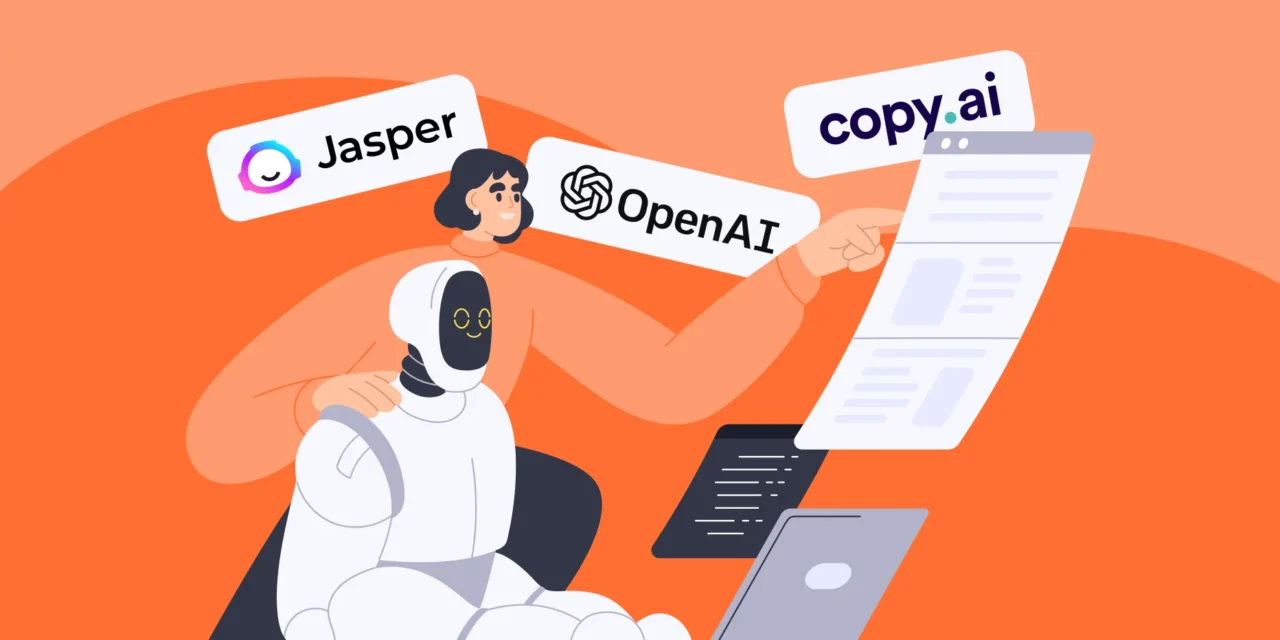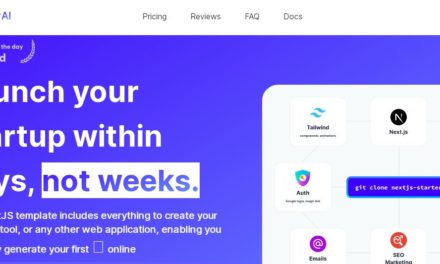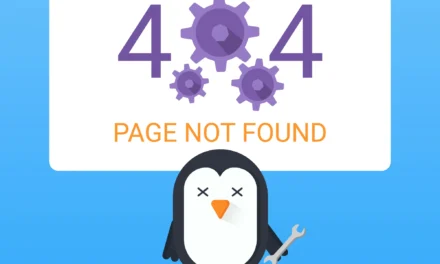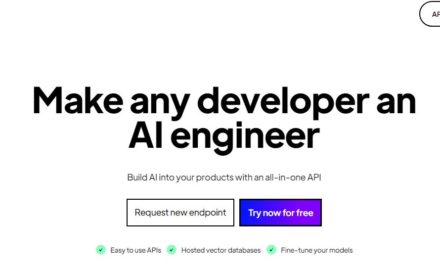Content creation has evolved rapidly in recent years, and AI-powered writing tools have become game-changers for bloggers, marketers, and businesses. Tools like Grammarly, Jasper, CopyAI, and Anyword help writers streamline their process, improve grammar, and generate ideas at lightning speed. But as AI becomes smarter, one question remains: where does authenticity fit in?
In this article, we’ll explore the best AI writing assistants, their benefits, potential drawbacks, and why keeping the “human touch” is essential for long-term success.
Why AI Writing Assistants Are Popular
AI tools are thriving because they save time, boost productivity, and reduce writer’s block. Instead of spending hours brainstorming headlines or re-checking grammar, writers can rely on smart algorithms that deliver instant support.
Key Benefits:
-
Speed and efficiency – Generate blog outlines, headlines, or entire drafts in seconds.
-
Error-free content – Grammarly eliminates grammar mistakes and enhances readability.
-
SEO optimization – Jasper AI suggests keywords, meta descriptions, and engaging titles.
-
Creativity boost – CopyAI generates dozens of variations of ad copy or blog intros.
-
Conversion-focused writing – Anyword predicts performance and helps marketers craft high-performing messages.
Popular AI Tools for Bloggers
Grammarly
Grammarly is more than a grammar checker—it improves clarity, style, and tone. Its real-time suggestions ensure your blog posts are polished and professional.
Jasper (formerly Jarvis)
Jasper is designed for long-form content creation. With templates for blog posts, social media, and marketing copy, it’s one of the most versatile tools for bloggers.
CopyAI
CopyAI is great for short-form, creative content. From catchy blog intros to social captions, it generates multiple variations, giving you inspiration when you’re stuck.
Anyword
Anyword focuses on data-driven marketing copy. Its AI predicts how well your headlines and CTAs will perform, making it a powerful tool for content marketers.Looking to level up your digital strategy? Check out our guide on online marketing trends in Madurai for more insights.
The Caveats of Relying Too Much on AI
While AI tools are incredibly powerful, they also come with limitations:
-
Content may sound generic or robotic if you rely too heavily on automation.
-
AI sometimes lacks context and may produce inaccurate or irrelevant suggestions.
-
Overuse can dilute your unique voice, making your blog indistinguishable from AI-generated noise.
Why Authenticity Still Matters
Readers connect with stories, experiences, and emotions—things AI cannot fully replicate. Search engines like Google are also rewarding content that demonstrates E-E-A-T (Experience, Expertise, Authoritativeness, Trustworthiness).
To stand out:
-
Blend AI efficiency with your personal insights and storytelling.
-
Add real-life examples, case studies, or opinions that AI can’t generate.
-
Keep your brand voice consistent while using AI as a supportive tool, not a replacement.
If you’re just starting, read our article on how to create engaging blog content .For further perspective, check HubSpot’s post on AI in content marketing and Neil Patel’s guide to AI SEO strategies.
Conclusion
AI tools like Grammarly, Jasper, CopyAI, and Anyword are fantastic allies for bloggers. They enhance productivity, reduce errors, and help with SEO. But true engagement comes from authenticity. Use AI for support, but let your unique voice shine through—that’s what builds trust and long-term readership.
FAQs
1. What are the best AI tools for blog writing in 2025?
Some of the best tools include Grammarly for grammar, Jasper for long-form writing, CopyAI for creativity, and Anyword for marketing copy.
2. Can AI completely replace human blog writers?
No. AI can generate drafts and ideas, but it lacks personal experiences, emotional depth, and the creativity that human writers bring.
3. How can I keep my blog authentic when using AI?
Add personal stories, insights, and opinions to AI-generated drafts. Always edit the content to reflect your unique voice.
4. Is AI-generated content good for SEO?
Yes, if used wisely. AI can help with keyword optimization and structure, but authentic, high-quality content still ranks better in the long term. For SEO best practices, check Moz’s SEO Learning Hub.
5. Should beginners use AI tools for blogging?
Absolutely. Beginners can save time and learn structure from AI tools, but they should always review and personalize the final draft for authenticity.





